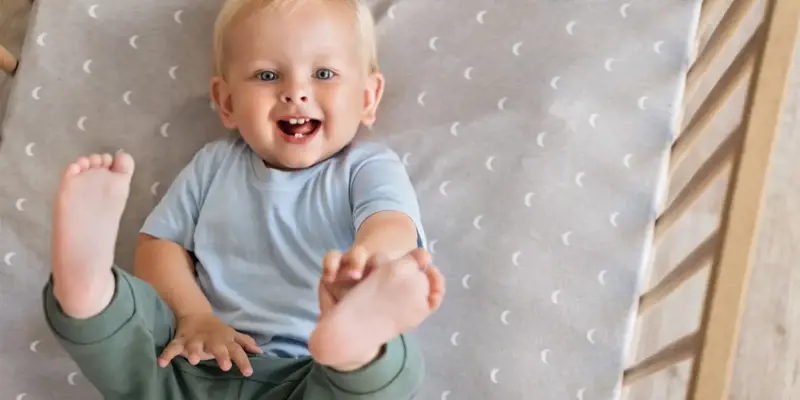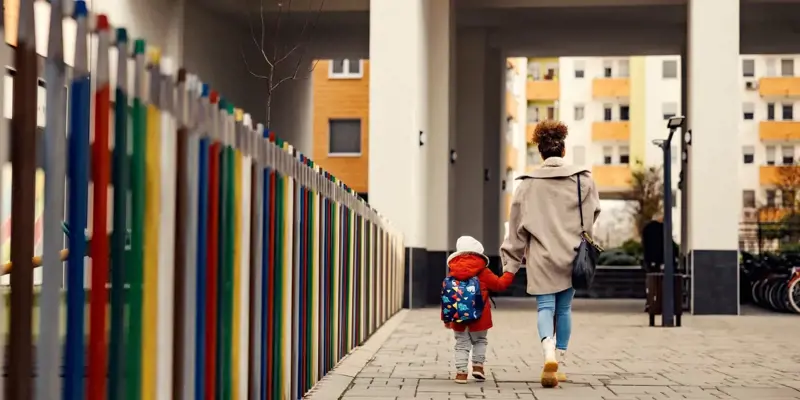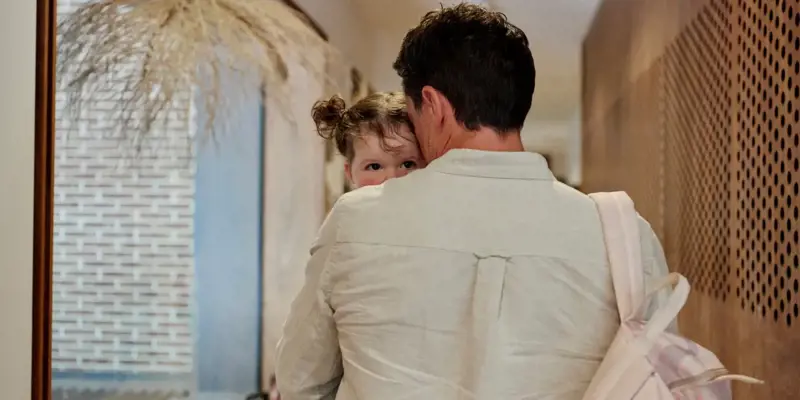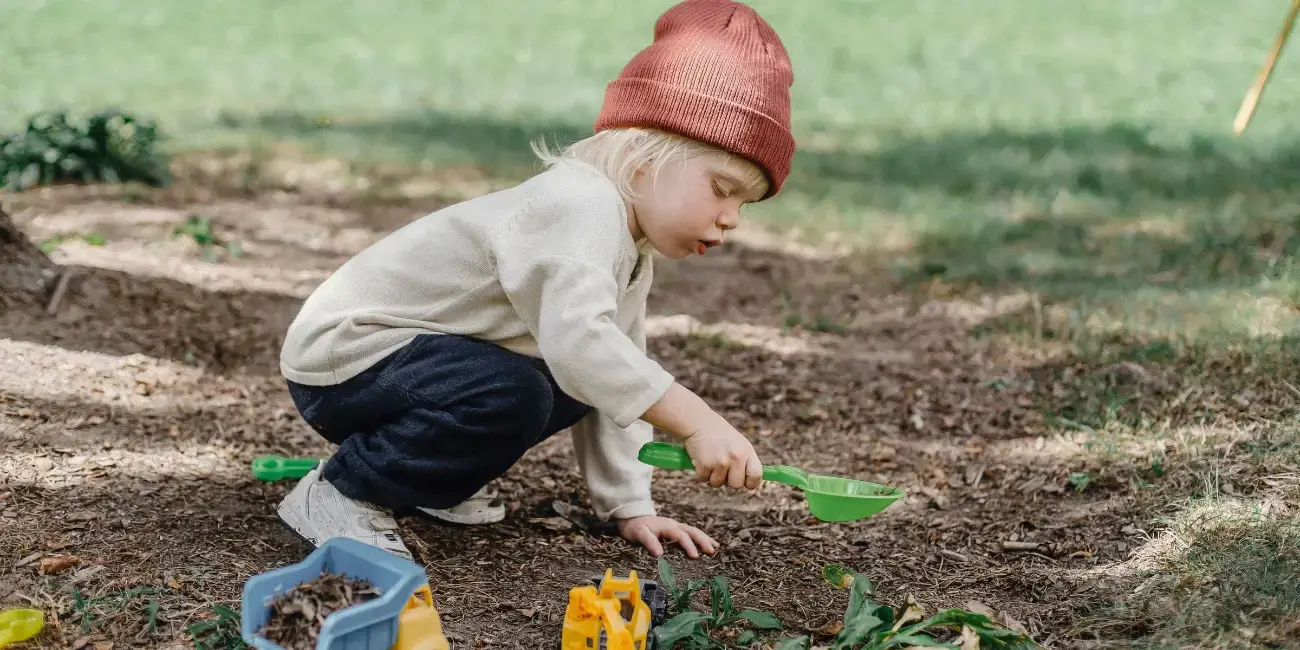Your child's first day at pre-school will be an exciting and emotional event for the whole family. As a parent the thought of sending your child off to pre-school could well be slightly traumatic and for children the reality of starting ‘school' can be a scary yet highly anticipated event.
Pre-school is designed to help children transition from life in the family, or a childcare centre, to the more formal school system. Pre-school programs are designed to develop children's communication, problem solving and thinking skills and to familiarise them with the routines and rhythms of school life.
Emphasis is placed on the importance of teaching children independence and giving them the confidence to ask for what they want or need in a classroom environment.
With a little preparation and planning prior to the big day you can help ensure your child's first day at pre-school is a positive and rewarding experience for all of you.
Before the First Day
For the first few weeks prior to starting preschool, talk to your child about pre-school and what an exciting adventure it will be.
To avoid your child's distress about starting, help your child prepare mentally for pre-school by spending extended amounts of time doing activities which require patience and concentration. Things like reading books, playing a quiet board game or working on a puzzle are ideal. Listening and direction games such as Simon Says will teach your child how to follow instructions.
In the weeks leading up to pre-school encourage your child to be as independent as possible when it comes to dressing, feeding, going to the toilet, looking for things and washing their hands. This will give your child the confidence to perform these tasks on their own at pre-school.
Ease your child into their new setting by visiting the local pre-school with your child during school hours. They'll become more familiar with the staff and surroundings and will give you an opportunity to ask any questions you may have. If your preschool organises an orientation day or meeting day before the official start of school, make sure to attend so the whole class can become familiar with each other.
Find out what your child should take with them to pre-school for example, a sun hat and sun block, a water bottle, a lunch box, and pencils. Make a point of labelling all of the items, this will help your child identify their belongings and will save money and possible upsets in the case of your little one losing something important to them.
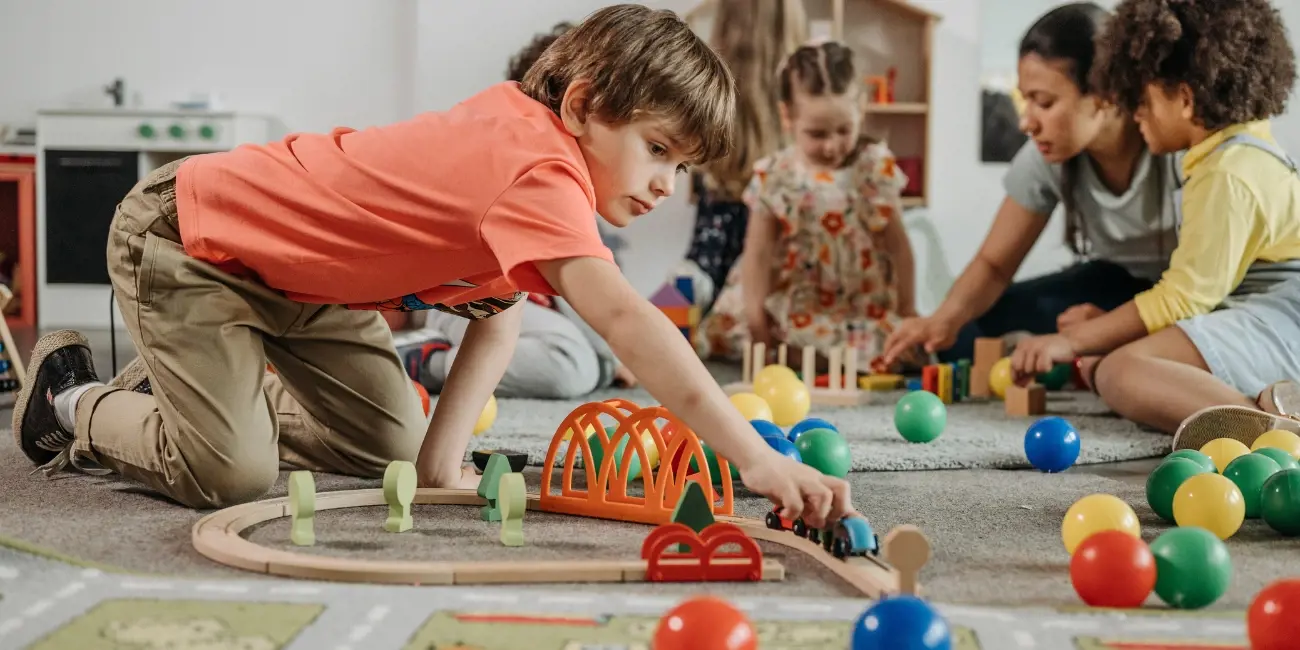
On the First Day
Get up early to ensure you have plenty of time to get everything done in a peaceful and positive environment. It's also best to establish an early morning routine for your child to get used to.
Plan a celebratory breakfast for your pre-schooler, make a fuss and present him/her with a small gift, such as a new bag or a Starting Pre-School Certificate, this will make your child feel very important in their new role.
Pack a change of clothes, so that your child has something of their own to change into, in case of a messy emergency. Also, make sure to pack something that will soothe your child's anxiety. For instance, let your child bring his favourite teddy bear or toy. You can also pack a memento for your child that reminds them of home, like a small album with family photos, for the child not to feel homesick about going to school.
When you arrive at the pre-school, take your child in, show them where to put their belongings and introduce them to their educator.
If you are leaving straight away, give your child a cuddle and kiss, say goodbye in a positive voice and leave.
It's normal to feel separation anxiety, especially in the first few days so don't worry about your child crying. Try not to turn around if your child starts crying as this only prolongs the farewell. Remember most children stop crying as soon as their parents are out of sight!
If you are staying, let your child do their own thing, but remain within their line of vision. Encourage your child to be as independent as possible. If you leave before the end of the session, say goodbye so they're not distressed looking for you.
In the Long Term
If you have time, try and get involved in pre-school life. This might include helping out in the classroom from time to time, going on class trips or assisting with special events such as school fairs.
Maintain regular communication with your child's pre-school teacher, both on a formal and informal basis. Remember you know your child better than anyone and are in the best position to provide the teacher with information to help them ensure your child receives maximum benefits from pre-school.
Advise your child's pre-school teacher if something happens at home which could impact your child's performance. Things which might affect your child include:
- birth of a sibling
- separation or divorce
- moving house
- death or illness in the family
Remember that preschool should be a positive and rewarding experience for your child. By employing some of the suggestions provided above you will be working to ensure that your child has a great time from the outset and this will pave the way for a successful transition to school.
















